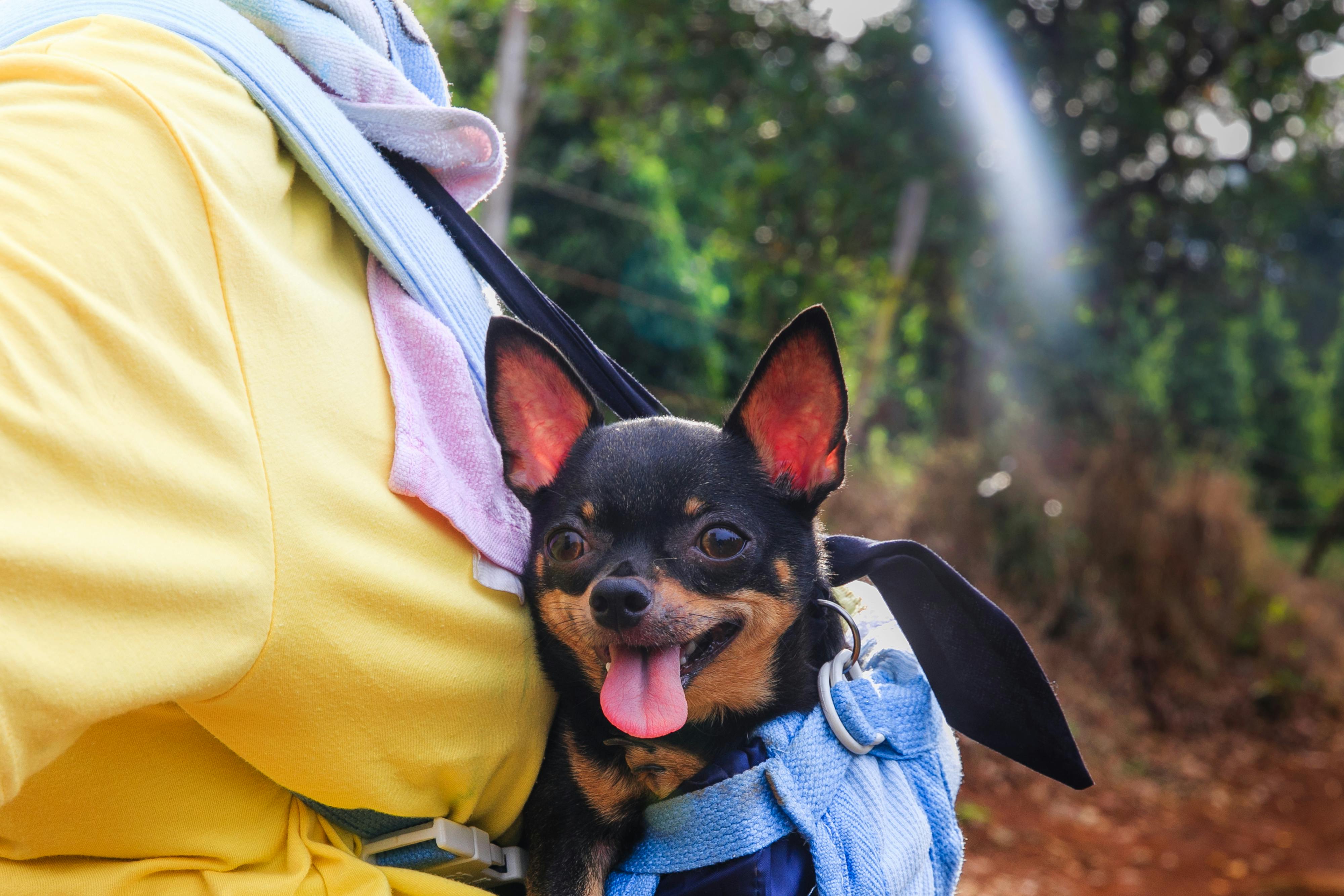Facts:
There are nine different types of capuchin species. This is the most common, the white-headed capuchin, also known as the white-faced or white-throated capuchin monkey. The capuchin monkey can live in groups of up to 30 monkeys, and each monkey must always have a monkey companion. Capuchin monkeys weigh between 3 and 9 pounds. A typical diet for capuchin monkeys includes fruits, insects, leaves, and small birds. They are particularly good at catching frogs and cracking nuts, and it is suspected that they may also feed on small mammals. The females spend their entire lives with their female relatives, while the males migrate to different groups several times during the course of their lives. the female produces the first offspring from her around 6-7 years of age. Females have young every two years after a gestation of 160 to 180 days. The female only has 1 baby, but she can have twins. Adult male capuchins are rarely involved in caring for the young. Males can mate with females at around 7-8 years of age. Females reach full maturity at 4 years and males at 8. In captivity, the capuchin can reach 45 years or more, although lifespan in the wild is only 15 to 25 years. Capuchins are considered the most intelligent monkeys in the New World. Capuchins are kept as exotic pets. They are also trained to be helpful. These monkeys can help brighten the lives of people with disabilities by providing companionship and friendship. Many of the people with disabilities are left alone for many hours of the day as their families cannot be with them at all times. Young monkeys are adopted by families and raised as children. Due to the way they are raised, they become affectionate and content. When the monkey is old enough, it is sent to the Helping Hands Training Center in Boston for formal training.
Pet Tip:
This is his diet:
Morning:
1-3 oz canned primate diet (cut into small pieces) Zupreem, Science Diet
10-12 pieces of soaked New World Monkey Biscuit (Mazuri, Spectrum,
Purina, etc.) or can be offered dry
1/3 cup depending on the size of the monkey. Soak in fruit juice can
increase palatability during conversion of poor diets.
To become night:
Monday Wednesday Friday:
1/8 apple
2 slices of banana 1/2
2 grapes 1/2
1 tablespoon diced orange
1/2 slice of sweet potato (chopped)
1 1/2 tablespoons mixed lettuce* (romaine, cabbage, celery)
4 primate cookies (soaked in orange juice/Jello M.)
8 peanuts
1 tablespoon sunflower seeds
1 piece of carrot – chopped
1/8 slice of cubed whole wheat bread
4 peas
Tuesday, Thursday, Saturday, Sunday
2 slices of banana 1/2
1 tablespoon diced orange
cut green beans
1/4 hard-boiled egg in shell (cut)
1 tablespoon corn (thawed or fresh)
5 peanuts
1 tablespoon sunflower seeds
1 heaping TBS avocado
a few sprigs of parsley
1 heaping TBS black-eyed peas (shelled)
1/2 slice of turnip
1 ounce canned primate diet (cut into small pieces)
4 primate cookies (soaked in fruit juice or Mr. jelly)
1/4 slice of cubed whole wheat bread
Occasional cricket (cricket should be dusted in violet) as a gift. Some will really enjoy this, others won’t know what to make of it.
Other meats such as cooked fish, chicken, turkey, beef are sometimes enjoyed. Offer teaspoon-sized servings. Minimize the intake of human sweets, desserts, dairy products, carbohydrates and fats. It is okay to give the monkey a human child vitamin tablet 2-3 times a week.
Avoid iron-fortified foods, such as fortified cereals. Occasionally other treats: soaked raisins, other types of fruit – the daily serving of treats should be less than 1 teaspoon in volume!
* The ingredients of the lettuce mixture are placed in a chopper and mixed. Wear long, skinny pieces.
Capuchins need a lot of space and lots of toys. Always buy new things and change the room or living room, as they can get bored. When buying a cappuccino it is recommended to buy two. These animals don’t need to be together (just with humans), they need a monkey playmate or they will get very stressed. Capuchin monkeys need an outdoor enclosure, as they will die without much sunlight. Buy toys that have been tested to be safe for babies and toddlers. Take your monkey for a walk with a collar or halter and leash. While your monkey will likely choose to ride on your shoulder, you need that strap to catch him if he starts getting into something he shouldn’t. Find a good vet to treat your monkey’s health problems. Your capuchin will need a full health exam once a year, complete with a TB test, a parasite test, and a full blood test. Your local vet may have particular vaccination requirements for monkeys, so you will need to call to find a vet who is familiar with monkey care. If you’re having a hard time finding one, call the nearest zoo and see if they can recommend a vet for you.
CAVEAT:
Capuchins are very adept at escaping from cages, collars, and leashes, so check with other monkey owners to see how they manage to protect these monkey-proof items.
Keep all medications, matches, lighters, etc. out of reach of your overalls, just as you would a small child.
